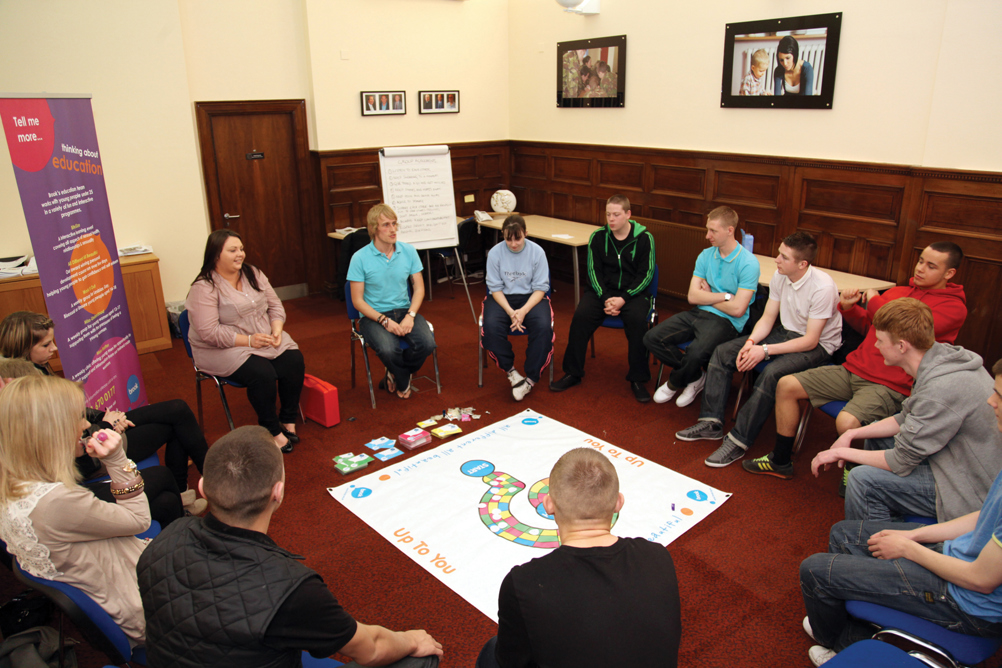
What is a sexually transmitted infection (STI)?
An STI is a bacterial or viral infection that can be spread through sexual contact. Its spread is not just limited to unprotected vaginal or anal sex. Some STIs can be passed on through oral sex (kissing, licking or sucking someone's genitals) or through close genital-to-genital contact.
Different types include chlamydia, gonorrhea, genital warts, herpes simplex, and HIV. Many are on the increase, and all of them can affect anyone - gay or straight, male or female. Some don't show up straight after infection. Some may show signs a few days after unprotected sex. Others can go unnoticed for a long period of time, or even show no symptoms at all. Infections are often easy to get rid of, but leave them untreated and they may cause serious damage to a young person's long-term health and put their fertility at risk.
Register Now to Continue Reading
Thank you for visiting Children & Young People Now and making use of our archive of more than 60,000 expert features, topics hubs, case studies and policy updates. Why not register today and enjoy the following great benefits:
What's Included
-
Free access to 4 subscriber-only articles per month
-
Email newsletter providing advice and guidance across the sector
Already have an account? Sign in here

